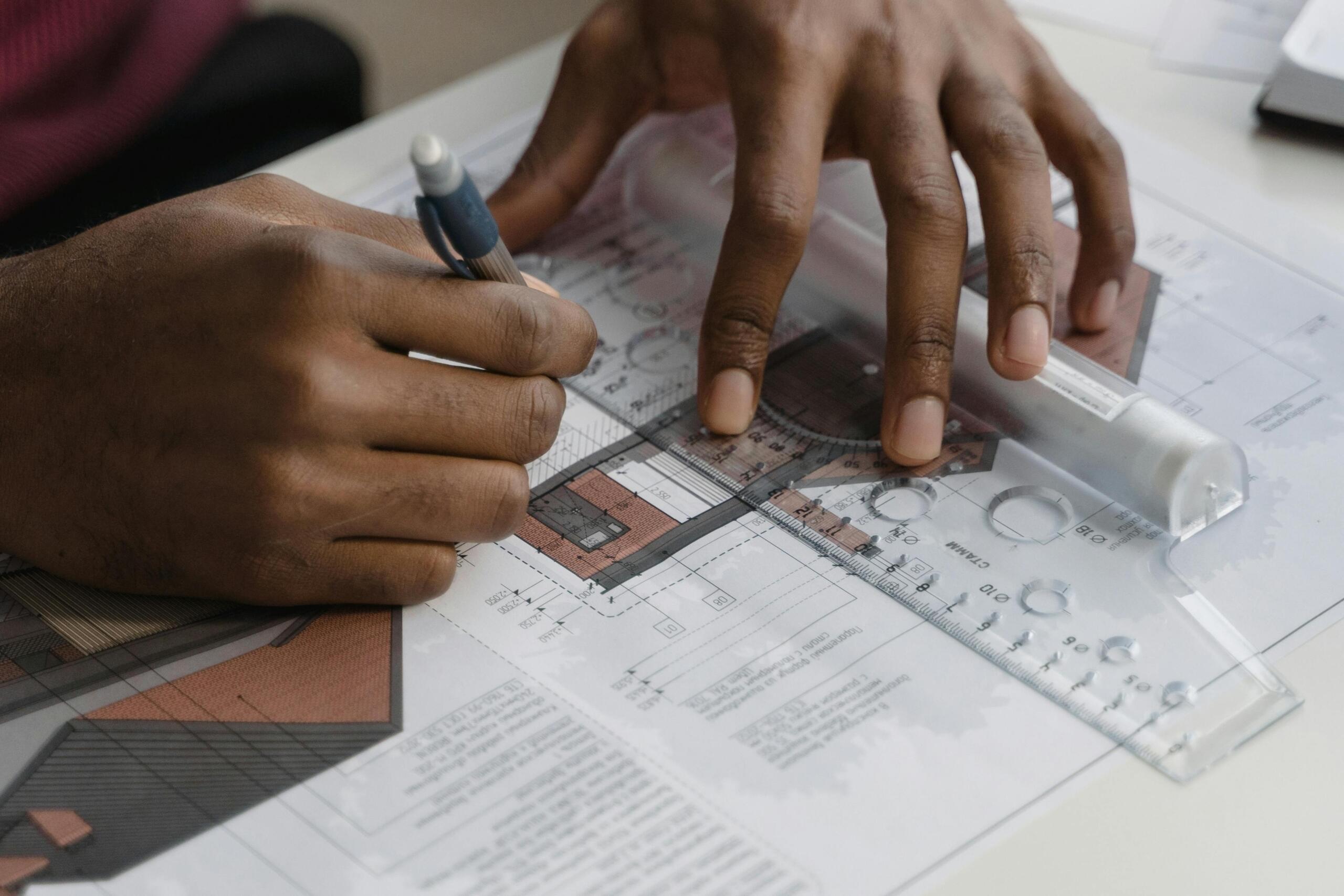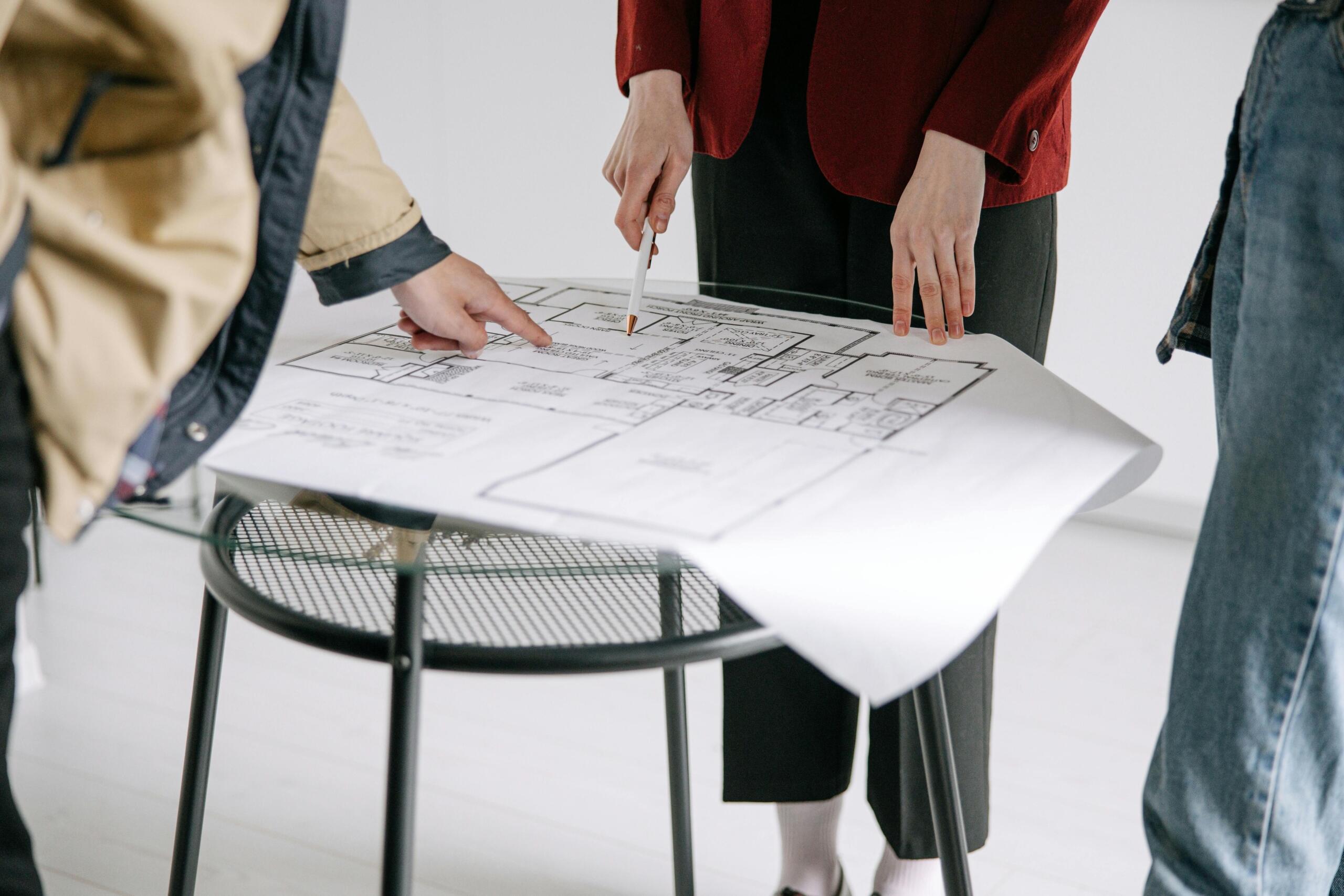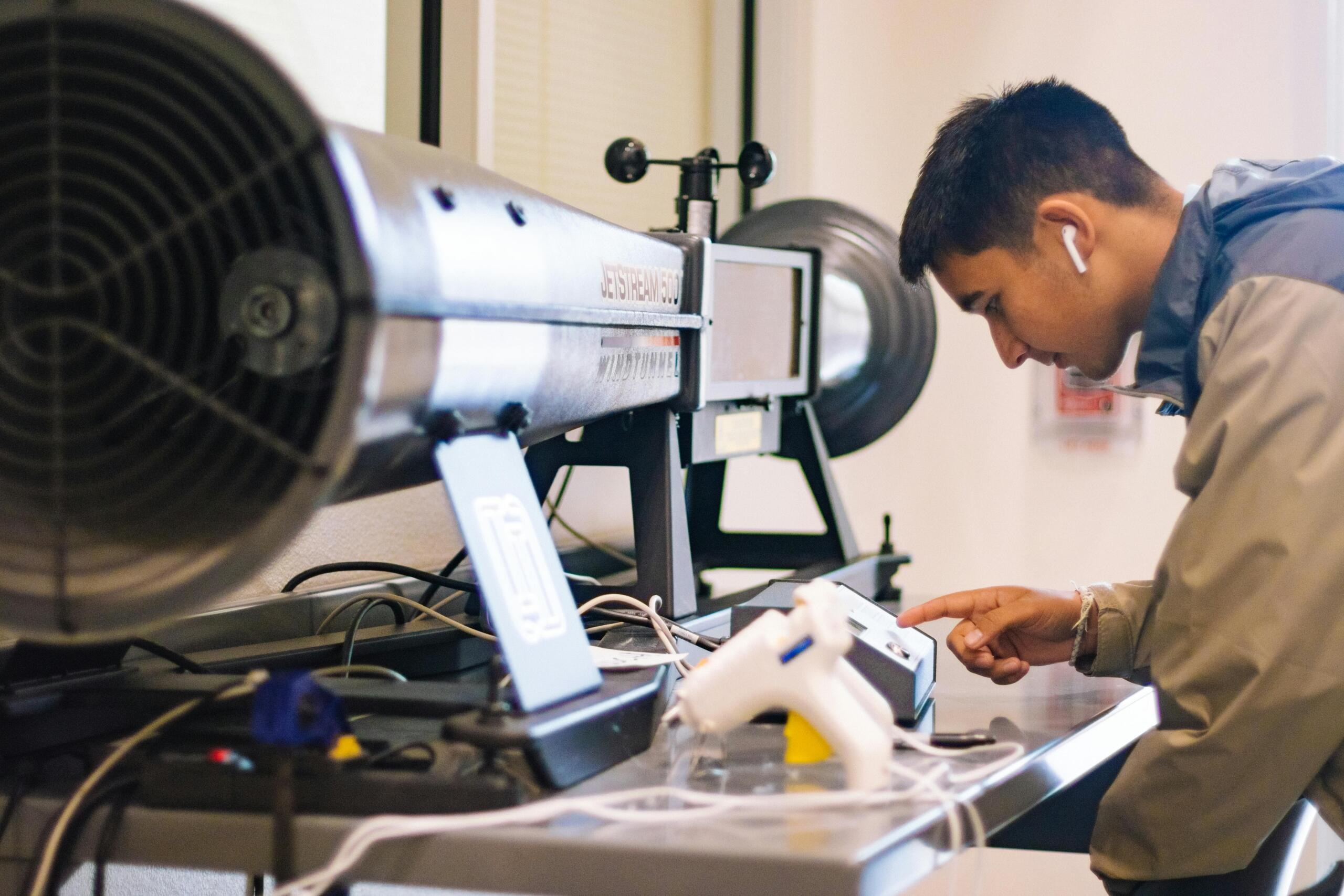In recent years, South African education has expanded its mathematics curriculum to meet the demands of a changing world. Among these additions is technical mathematics, a subject designed not only to challenge the mind but to prepare learners for practical, hands-on careers in technical and trade-oriented fields.
Whether you're a student curious about the right maths path, a parent trying to guide your child’s education, or a professional looking for a private maths teacher, understanding the scope and value of technical mathematics is essential.
So, is technical maths the same as maths literacy and what is technical mathematics exactly?
If those are your questions, you are in the right place to find out more about how your maths choice can affect your future career.

What Does Technical Maths Entail?
In short, technical mathematics is a subject specifically tailored for learners who are interested in pursuing technical careers in fields such as engineering, mechanics, construction, or electrical work.
Unlike pure mathematics, which delves deeply into abstract theories and proofs, technical maths focuses on the practical application of mathematical principles. You could also attend a dedicated math class to gain practical skills.
It's a bridge between academic knowledge and real-world application that can help students make sense of the numerical demands they will face in a workshop, construction site, or in a technical design environment.
So, is technical maths the same as maths literacy?
To answer that question, let’s ask another question, “what is technical mathematics” – think of it as maths that you can physically apply.
You’ll learn how to calculate torque, determine lengths and angles in mechanical structures, and apply trigonometry to real-world scenarios such as determining the height of a building or the slope of a roof. In a nutshell, technical mathematics is all about taking the concepts from a textbook and seeing how they work in your hands and in the world around you.
The Topics You'll Encounter
The subject matter in technical mathematics includes a mix of foundational and advanced topics, that are framed within practical contexts. You’ll study algebra and trigonometry, much like in pure maths, but with examples and exercises drawn directly from technical applications. Measurement plays a significant role too and this includes units, conversions, and estimations - all vital in fields like construction or engineering. Mechanics is another essential area that covers forces, motion, and structures in a mathematically grounded way.

These topics are not chosen randomly. They are specifically selected to align with complementary subjects like Technical Science, Engineering Graphics and Design, and Mechanical Technology. Together, they form a well-rounded package if you are aiming for a career as an artisan, technician or as a technologist.
Who Should Consider Technical Mathematics?
The decision to take technical mathematics often begins with the learner’s interests and career goals.
If you or your child wants to know how machines work, how buildings are constructed, or how systems function on a practical level, then this is a subject worth serious consideration. It’s an ideal fit for learners enrolled in technical high schools or those considering further study at a Technical and Vocational Education and Training (TVET) college.
This is where you might ask “Is technical maths the same as maths literacy?”
The answer is a firm no. While both subjects are alternatives to pure maths, they serve very different purposes. Maths literacy focuses on everyday financial and functional maths, like budgeting or interpreting graphs in the media. It is less rigorous and more geared towards general life skills. On the other hand, technical mathematics demands a higher level of numerical and analytical skill, aimed at technical trades and vocational pathways. It's far more structured and specialised, especially in fields where precision calculations are non-negotiable.

The Difference Between Technical Maths and Pure Maths
Another common question is: “What is the difference between technical maths and pure maths?” The answer lies in complexity and focus.
In short, pure maths is more abstract and often theoretical. It encompasses complex algebra, calculus, probability, and advanced trigonometry. It prepares students for university-level studies in mathematics, physics, engineering, computer science, and other highly academic disciplines. It’s the subject for those who love solving intricate problems for the sake of intellectual challenge and discovery.
By contrast, technical mathematics, simplifies the structure of maths without losing relevance. It includes many of the same branches, like algebra and trigonometry and uses them to solve real-world problems, not abstract ones. In essence, if you are studying technical maths, you might calculate the pitch of a roof or the force required to lift a load, while a pure maths student will have to prove theorems or analysing mathematical models.
Again, the difference between technical maths and pure maths cannot be underestimated when choosing a subject. If you are aiming for a university degree in maths-heavy disciplines, you may need pure maths. But for those entering the workforce through apprenticeships, technical diplomas, or trades, technical mathematics offers a more practical and focused route.
Educational and Career Pathways
One of the most rewarding aspects of studying technical mathematics is the clear and direct link to employable skills. Careers such as electricians, welders, engineering technologists, automotive technicians, and construction foremen often require the kind of mathematical understanding offered by this subject.
It’s also worth noting that many TVET colleges and technical universities in South Africa recognise technical mathematics for admission into courses in engineering and technical fields. This is where learners can truly see the value of their subject choice, as it translates into real opportunities for skilled employment. As South Africa continues to promote artisan development and infrastructure expansion, the demand for technically competent workers is also expected to grow.
Where Can You Study Technical Maths?
This subject is offered primarily at technical high schools and in institutions that are aligned with vocational education goals. Having said this, you will also find that some mainstream high schools are also introducing technical mathematics into their subject offerings, especially in urban areas where vocational skills are in high demand.

If your school doesn’t offer it, you could choose to study with the help of a private maths teacher. A qualified tutor with experience in technical maths can guide you through complex topics, help you with practical examples, and help build confidence, especially in preparation for matric exams or college entry assessments. Alternatively, consider a math online class to supplement your studies. If you're struggling to understand core concepts, finding the right private maths teacher can make a significant difference to your grades and future.
How to Succeed in Technical Mathematics
Success in technical mathematics begins with the right mindset. It’s not just about memorising formulas but understanding how and why they work. Being curious, hands-on, and willing to engage with real-world problems will serve you well.
Bear in mind that it also helps to pair the subject with related disciplines such as Technical Science or Engineering Graphics and Design. These subjects complement each other and reinforce the practical context in which technical maths operates. If you have access to tools or workshops, whether at school or home, try applying your knowledge in small projects. Build a scale model, calculate material usage, or help out in a family trade business. The more you apply what you learn, the more it sticks.
Regardless of which maths path you are on, if you’re unsure about a topic, never hesitate to ask for help. This is another area where a private maths teacher can be a game-changer. A tutor can provide tailored support, break down difficult concepts, and offer additional practice beyond what’s covered in class.
Could Technical Maths Be the Doorway to Your Future?
Choosing technical mathematics opens a doorway to a rewarding and practical future. It’s a subject designed not only to teach maths but to give meaning and application to it. Whether you're calculating the angles in a machine part or the forces acting on a bridge structure, remember that you're using maths to build the world.
in short, technical mathematics is maths with a mission, one that connects knowledge with action.
It’s not just about solving equations; it’s about solving real problems. It's not about getting lost in abstract theory, but about grounding your learning in tangible results. And that’s a powerful thing.
Whether you’re navigating your own path or helping someone else find theirs, understanding the difference between technical maths and pure maths, the role of a private maths teacher, and answering questions like “Is technical maths the same as maths literacy?” can help to shape important decisions.
In a country like South Africa, where skilled trades are essential and in demand, technical mathematics is more than just a subject. It’s a stepping stone to building not just careers, but communities and futures.
Summarise with AI
















